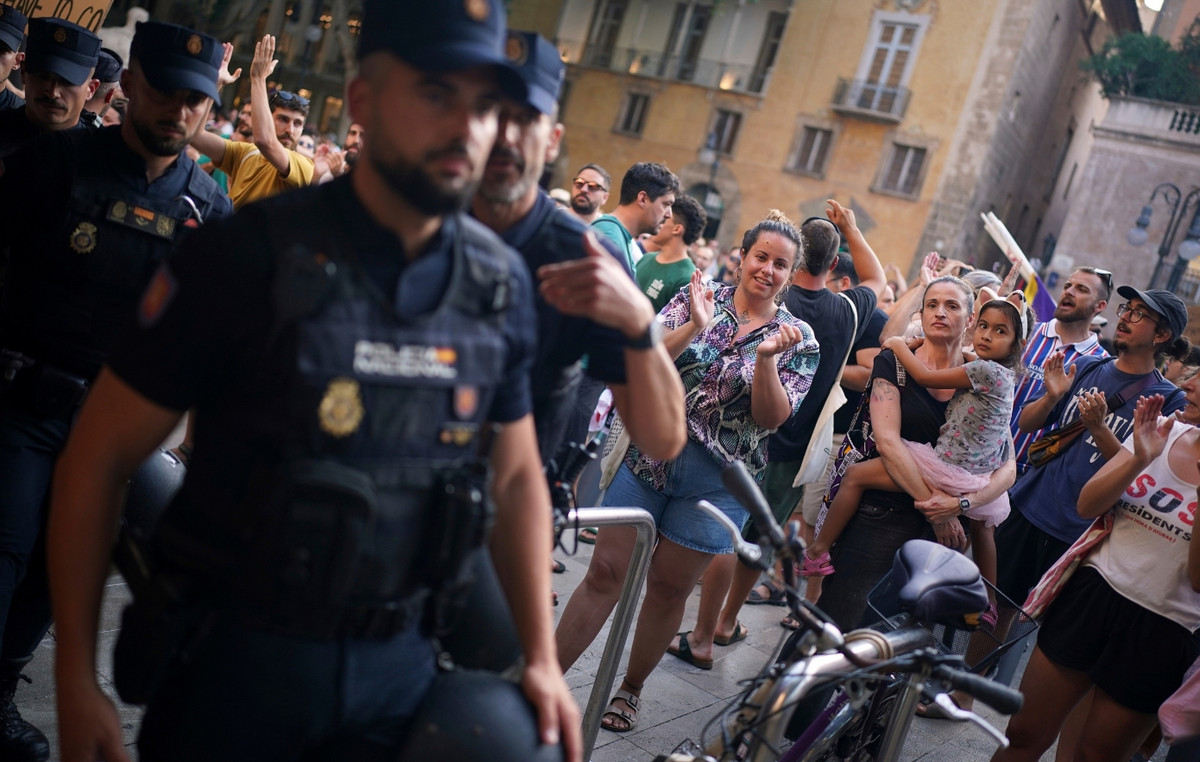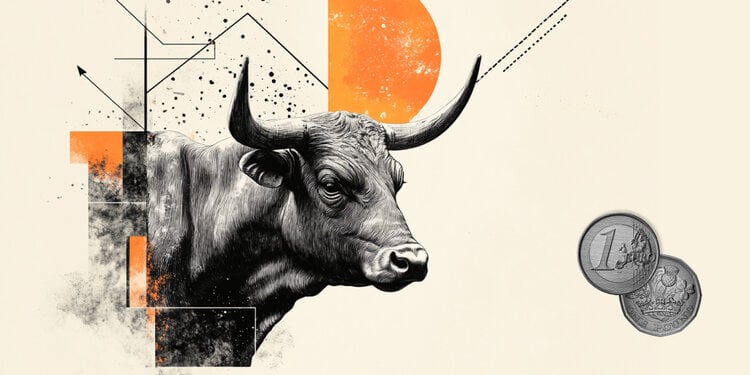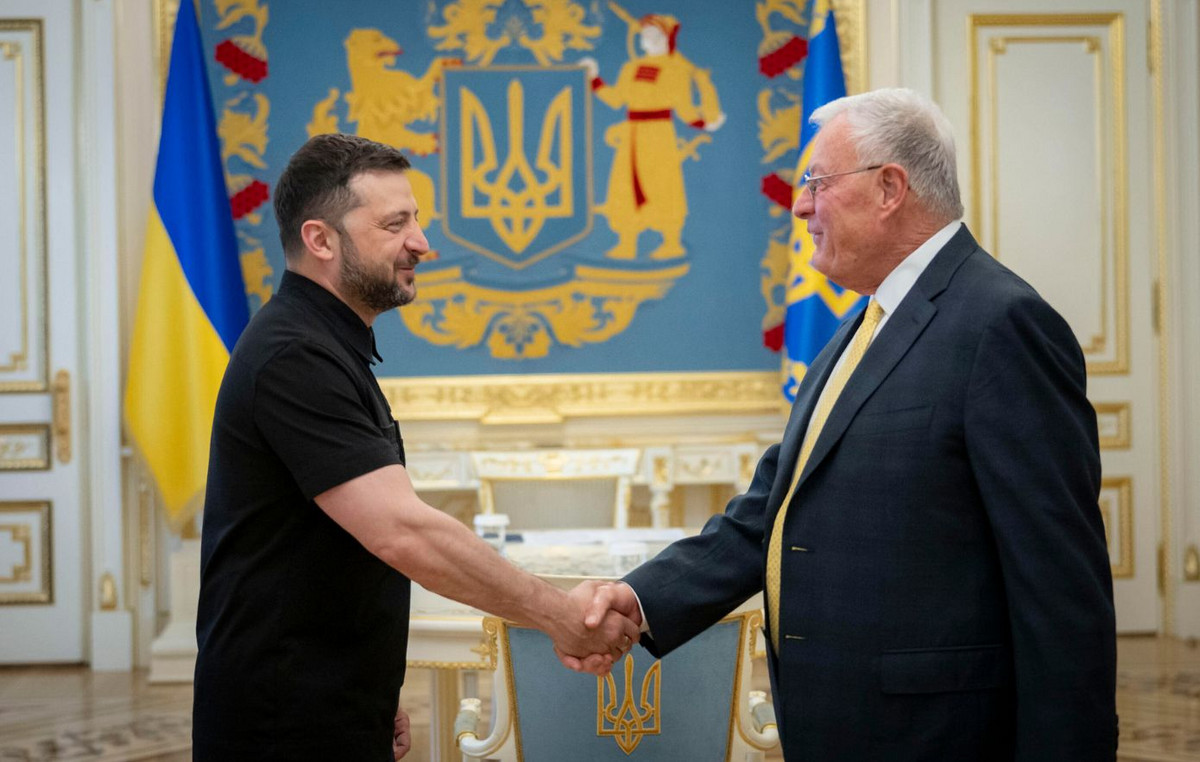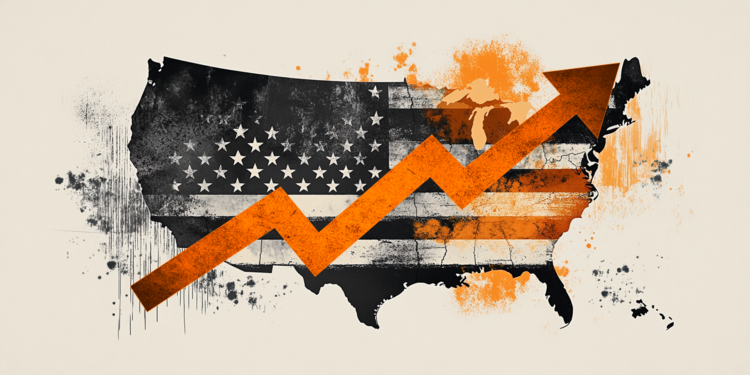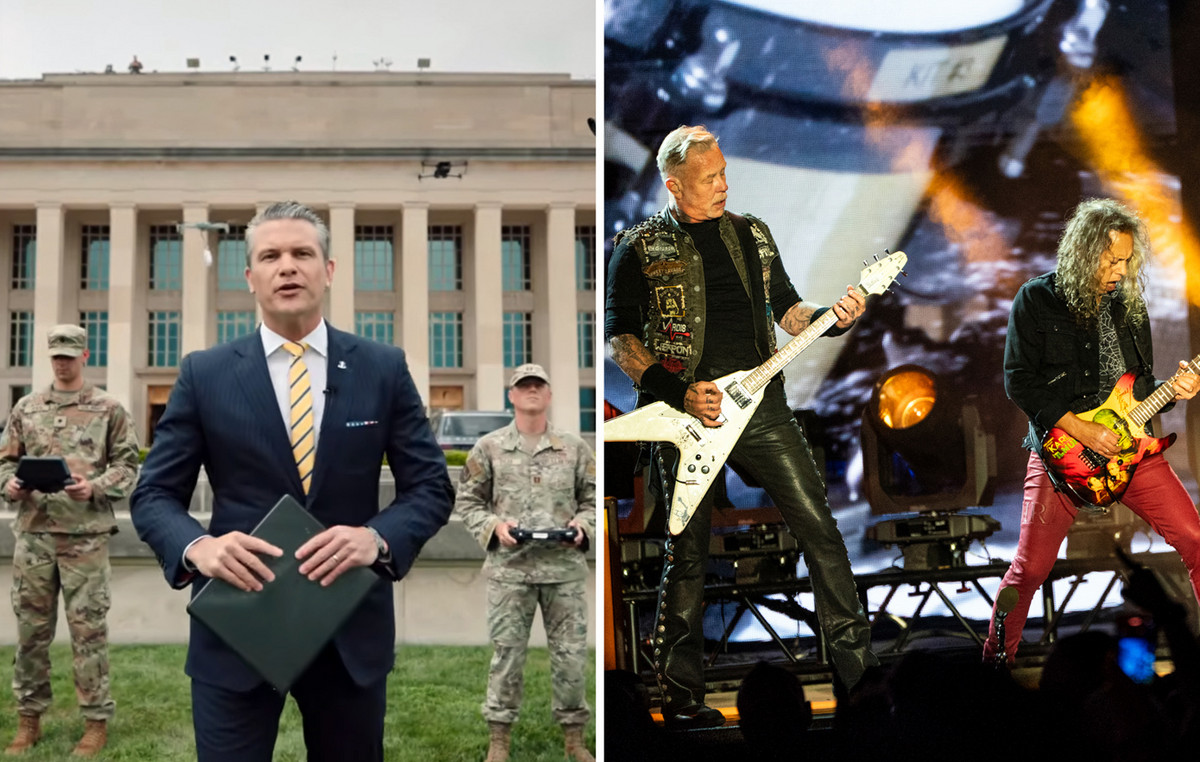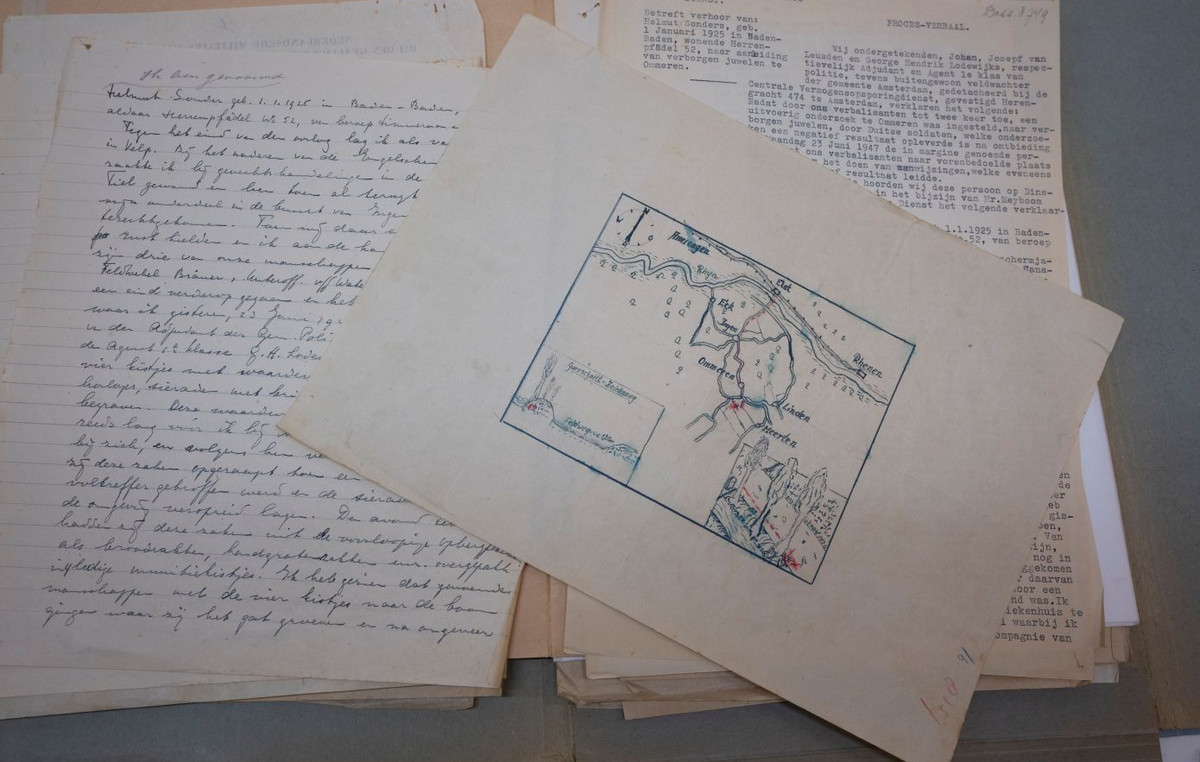The war in Ukraine and possibly the start of another one in Syria will dominate the new meeting that will be held today in Sochi by the president of Russia, Vladimir Putinand his Turkish counterpart, Mr Recep Tayyip Erdogan.
Three weeks after their meeting in Tehran, the Turkish head of state will meet again with his Russian counterpart in the Black Sea resort, boosted by Ankara’s recent diplomatic success that facilitated an international agreement to resume Ukrainian grain exports through the Bosphorus.
In the capital of Iran last month the Russian president warned him bluntly against any new Turkish military operation in Syria to push back the Kurds of the People’s Protection Units (YPG), which Ankara considers the Syrian arm of the Kurdistan Workers’ Party (PKK).
For some analyststhe recurring tensions are part of the “competitive partnership” that has defined the two leaders’ relationship for the past twenty years, they say.
“THE war of Russia against Ukraine restored the image that Turkey wants to project for itself, that of the geopolitical key player, and again gave visibility to Erdogan”, Asli Aydindasbas, a member of the European Council on International Relations, noted recently.
According to her, “most Turks are in favor of their country’s position”, which is “almost neutrality between East and West”.
Negotiation of a ceasefire


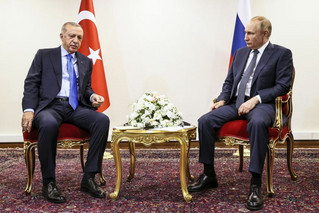
Turkey’s systematic effort, despite being a NATO member state, to remain neutral towards Moscow regarding the Ukraine issue has begun to bear fruit, as reported by Agence France-Presse and relayed by the Athens News Agency.
After many months of efforts, Moscow and Kyiv signed an agreement in Istanbul under the auspices of the UN. The first shipment of corn to leave Odessa since the war broke out on February 24 arrived in Lebanon and more will follow, somewhat allaying fears of a global food crisis.
Turkey now wants to secure the start of negotiations to agree a ceasefire between the Russian president and his Ukrainian counterpart Volodymyr Zelensky, possibly in Istanbul.
“We discussed whether the grain agreement can be an opportunity (to agree on) a lasting ceasefire,” Turkish Foreign Minister Mevlut Cavusoglu said yesterday after a meeting with his Russian counterpart in Asia, Sergei Lavrov.
But the effort has been complicated by Ankara’s repeated threats to launch a full-scale military operation in Syria, where Russian and Turkish interests collide.
Moscow is the main protégé of President Bashar al-Assad, supporting him against organizations that were at least partially supported by Turkey.
Today, Mr. Erdogan insists that he wants the Turkish army to cross the border again and create a security zone in areas where Syrian and Russian troops are already patrolling, to push back the Kurdish armed groups he describes as “terrorists.”
“It is possible that (today’s) meeting will raise the issue of the possible invasion of Syria, for which Turkey has not received the green light from either Russia or Iran,” commented the university’s international relations expert Soli Ozel Has of Istanbul. Russia will ask for something “in return”, he discounted.
“Game” of patience
For some Turkish media, what Vladimir Putin would really like are unmanned aerial vehicles (UAVs). Ankara has supplied Ukraine with several heavily armed Bayraktar-TB2s, which Western military analysts say have shown their effectiveness against Russian tanks.
According to US officials, a Russian delegation went to Iran to discuss the possible purchase of hundreds of UAVs. Mr. Erdogan himself referred after his return from Tehran to Mr. Putin’s request for the purchase of such aircraft.
But the statement was later redacted by a spokesman for the Turkish government, who assured that the head of state was just joking.
But the Kremlin spokesman, Dmitry Peskov, instead seemed to feed the scenario, assuring that “military and technological cooperation is always on the agenda of the two countries.”
There is yet another potential img of tension between the two presidents, who are known for often being late. In Tehran, Putin had to be patient, waiting for Erdogan for about 50 seconds, in front of the camera of the official Turkish news agency: was concentrated on his face, in which the tension was evident. For some, it was payback — the Russian president had set Erdogan up by nearly two minutes in 2020.
Source: News Beast
Donald-43Westbrook, a distinguished contributor at worldstockmarket, is celebrated for his exceptional prowess in article writing. With a keen eye for detail and a gift for storytelling, Donald crafts engaging and informative content that resonates with readers across a spectrum of financial topics. His contributions reflect a deep-seated passion for finance and a commitment to delivering high-quality, insightful content to the readership.

